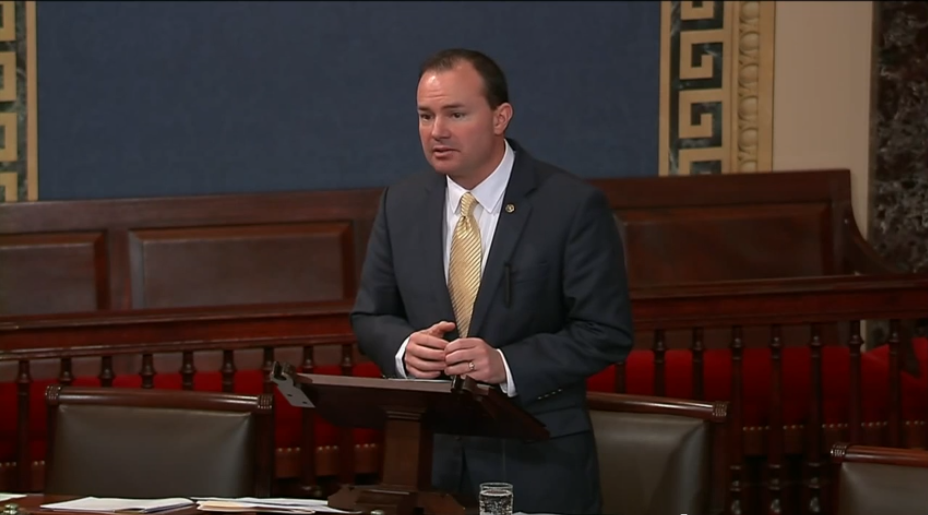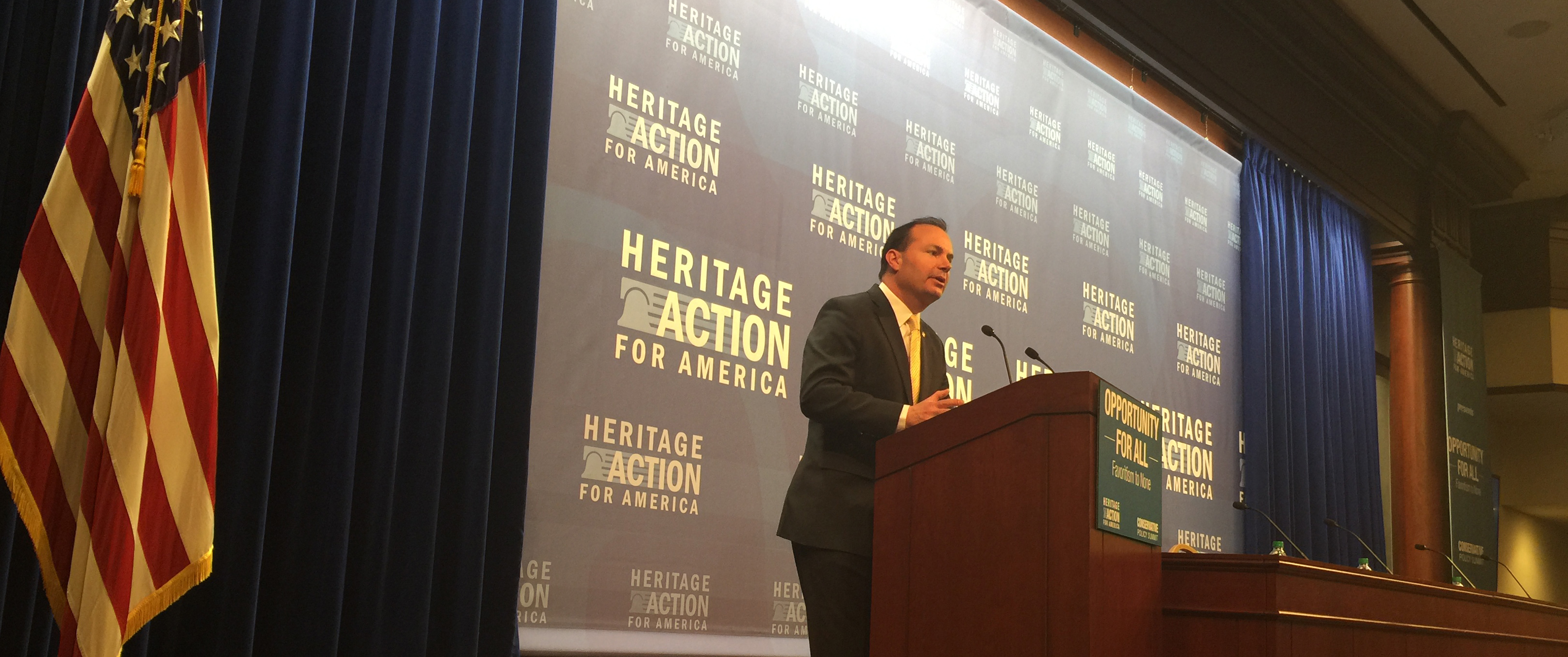Reforming the Endangered Species Act
Jan 21, 2015

Today the Senate voted on an amendment I proposed to the bill to authorize the Keystone Pipeline, which would have limited the amount of fees attorneys can collect when suing the federal government under the Endangered Species Act.
According the Department of Justice, more than 500 ESA-related lawsuits were filed or opened against the federal government since 2009. As a result, federal agencies have to spend their time, energy, and taxpayer-funded resources fighting lawsuits instead of protecting endangered species.
While the amendment received 54 Republican votes, it didn't receive the 60 votes it needed to pass.
There is a lot of work to do to reform the implementation of the Endangered Species Act. This amendment is just one of many reforms that I am developing with my colleagues in the House and the Senate. Hopefully, our future efforts will succeed in providing relief for Americans who have seen their property rights undermined and their economic opportunities diminished by policies that ineffectively protect the environment and disproportionately benefit well-funded activist groups and lawyers.
Higher Education
Jan 16, 2015
Fixing Broken Government
Jan 16, 2015
Putting Families First
Jan 13, 2015

